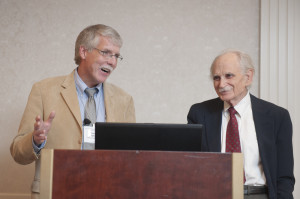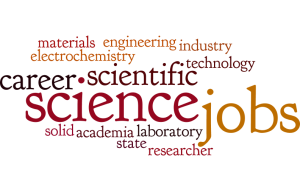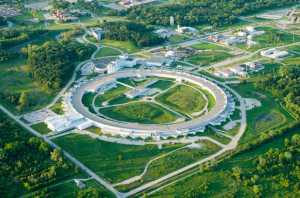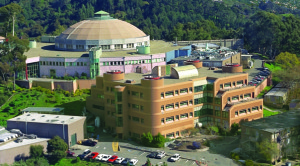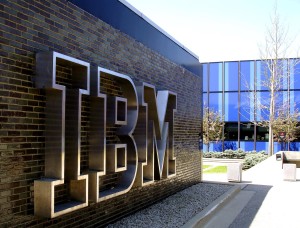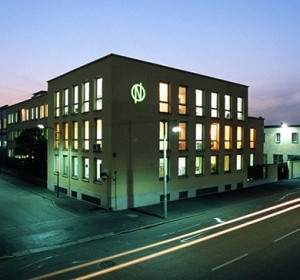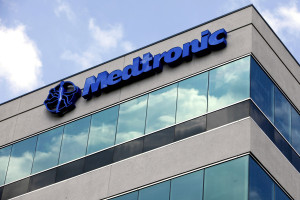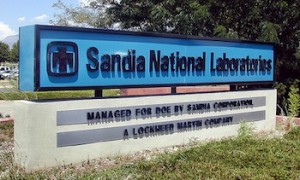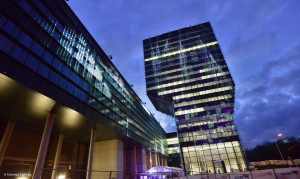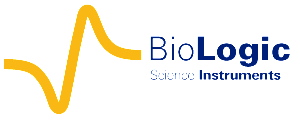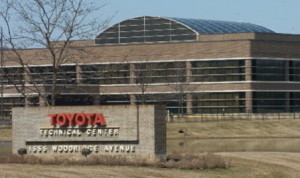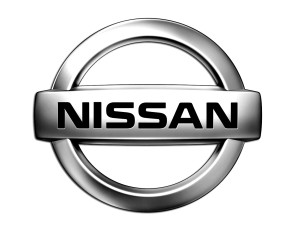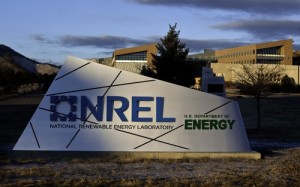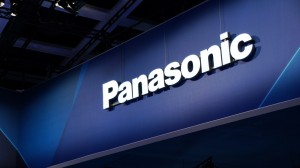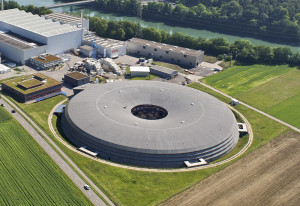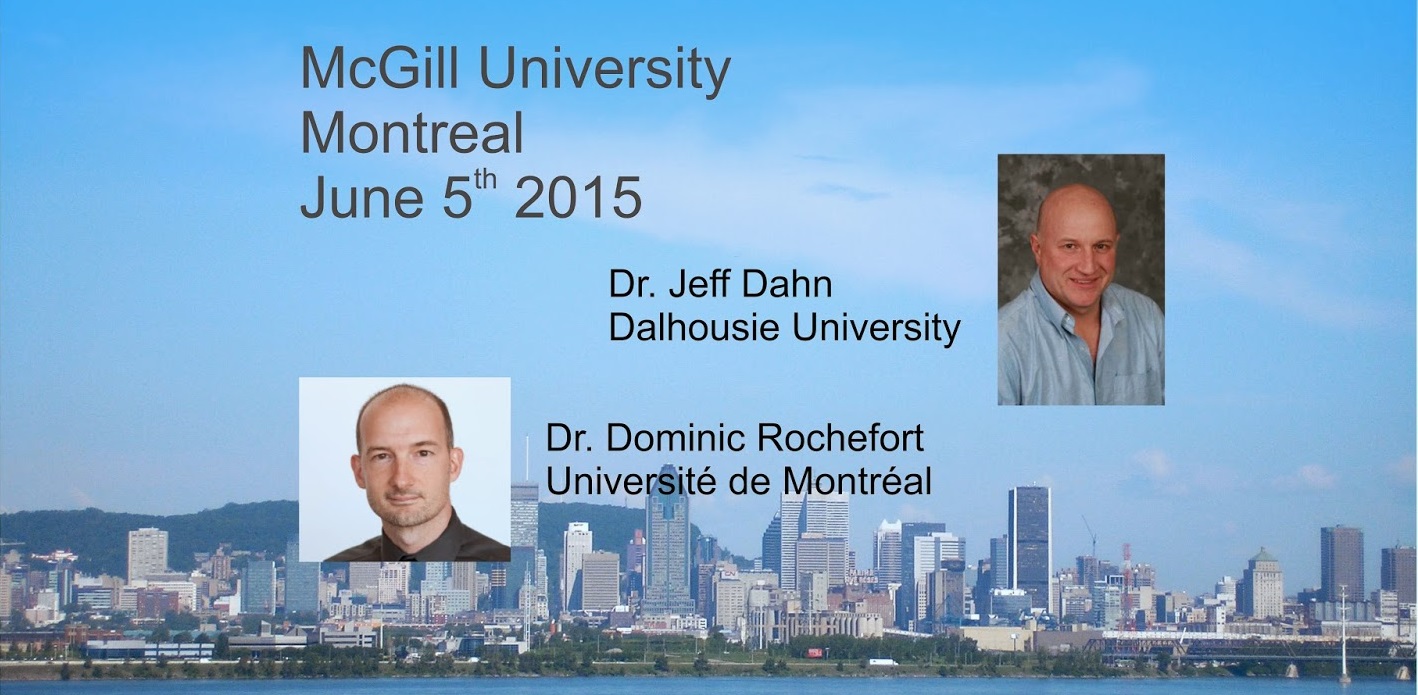An article by Shelley D. Minteer and Henry White as part of the JES Focus Issue Honoring Allen J. Bard.
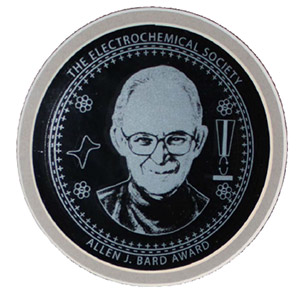 The Electrochemical Society founded the Allen J. Bard Award in 2013 to honor Prof. Allen J. Bard’s extensive contributions in the field of electrochemistry, and the first award was given in May 2015 at the ECS meeting in Chicago. In recognition of the establishment of this endowed award, we are delighted to dedicate this special issue of the Journal of The Electrochemical Society to Professor Bard.
The Electrochemical Society founded the Allen J. Bard Award in 2013 to honor Prof. Allen J. Bard’s extensive contributions in the field of electrochemistry, and the first award was given in May 2015 at the ECS meeting in Chicago. In recognition of the establishment of this endowed award, we are delighted to dedicate this special issue of the Journal of The Electrochemical Society to Professor Bard.
Allen was born in New York City in 1933 and obtained his Bachelor of Science degree in Chemistry at City College of New York 1955. He continued his studies at Harvard University under the supervision of James J. Lingane, a renowned electroanalytical chemist, and received a Master’s degree in 1956 and a PhD in 1958. He then accepted an instructor position at the University of Texas and quickly moved up the ranks to Professor in 1967.
In the 58 years since arriving in Austin, Allen has mentored over 75 PhD students and 150 post-doctoral fellows. Their combined contributions to the field of electrochemistry are legendary, including electroanalytical techniques for evaluating electrode reaction mechanisms, simultaneous electrochemistry electron spin resonance (SEESR) techniques, nonaqueous solvents for investigating energetic species, electrogenerated chemiluminescence (ECL), polymer modified electrodes, semiconductor photoelectrochemistry, photocatalysis, scanning electrochemical microscopy (SECM), and single-particle collision electrochemistry.


